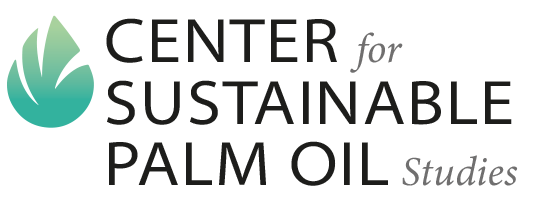2020 was another pivotal—and cautiously positive—year for the global palm oil industry. Environmental considerations are at an all-time high due to both the COVID-19 pandemic and the accelerating effects of climate change, heightening concerns about tropical deforestation.
While policymakers often reflexively associate deforestation with palm oil cultivation, this has been substantially tempered by another trend: namely, positive developments in sustainable palm oil cultivation, potentially leading toward a new era of transparent supply chains, rejuvenated tropical forests, and international trade and collaboration.
This report reviews these major critical developments of the year, as well as how perceptions of palm oil are evolving among European policymakers, scientists and the wider academic and NGO community. Unmistakably, the broader discourse and scientific literature on palm oil has moved significantly forward in key respects.
While these evolutions have not yet translated into a transformed European approach to deforestation and sustainable palm oil, they presage important movements among key constituencies; that is to say, the growing recognition that the only viable way forward for palm oil (and other forest risk commodities) is for Europe and the wider world to support sustainable cultivation through cooperative partnerships with responsible producing countries.
To achieve this, however, significant work remains to be done. The European Union, Western media, and relevant NGOs must be familiarized with local conservation efforts and sustainable certification among the largest palm oil producers. This contextualization requires greater awareness of the complexities surrounding deforestation.
Download PDF



